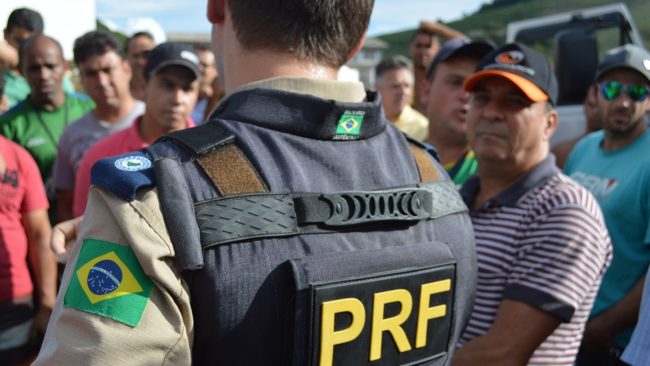“If anyone still had no certainty that there is a coup in… the fraud, strongly incriminating statements on the real objectives of impeachment, and who is behind it, removes any doubt”, charged President Rousseff when speaking about the recent scandal involving Planning Minister Romero Jucá and his secretly recorded plot to oust her. Jucá was keen to have President Rousseff play the role of the patsy as a means of ending the on-going Lava Jato (car wash) probe, an investigation into corruption at Petrobras, the state-owned oil firm.
I actually first heard the cry of ‘Coup’ the day before on twitter from Brazilian based journalist Glenn Greenwald and instantly turned on the BBC in anticipation of scenes of tanks and tear gas; thankfully it seems as if tanks and tear gas have now been replaced by secret tapes and suits. So, what of this coup?
Brazil is in a neighbourhood that has a long history of military coups. Brazil’s civilian constitution hasn’t even had it’s 30th birthday yet. And yet, facing it’s largest political and economic crises’ in living memory, the institutions of democracy and rule of law have largely remained intact. In fact, the latest secret tapes scandal actually demonstrates that a senior government minister was so threatened by the prospect of the continuation of an investigation by an ostensibly well-functioning judiciary that he was willing to undertake such extreme measures to halt the proceedings. When the elites are scared, strong institutions really are starting to have their desired effect.
For all of the turmoil facing Brazil in the near term, the enduring structural resilience of Brazil’s political institutions may be the long lasting take away from the present upheaval. Brave, smart long term investors may find themselves well rewarded for staying the course in Brazil over the coming decade.
